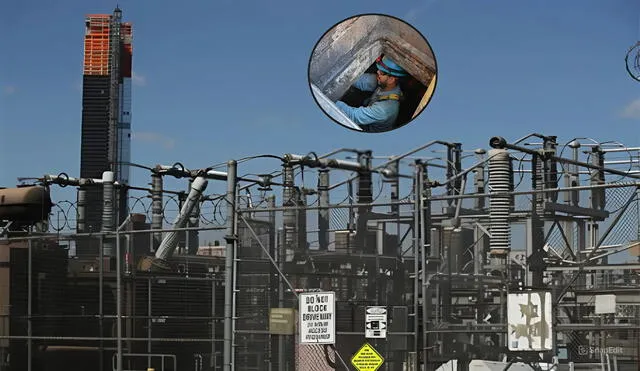Con Edison proposed rate hikes spark debate over energy costs and infrastructure investments in New York
Con Edison's recent proposal to increase electric and gas rates has sparked a debate over the balance between necessary infrastructure investments and the affordability of energy for New York residents.

Con Edison (Consolidated Edison, Inc) has recently proposed significant rate increases for its New York customers, aiming to raise electric bills by an average of 11.4% and gas bills by 13.3% starting January 1, 2026. The utility company asserts that the additional revenue, approximately $1.6 billion for electric and $440 million for gas, is necessary to fund infrastructure improvements and support the state's clean energy initiatives.

Energy bills by $154 a month, according to Con Edison. Photo: The New York Post - Jack Forbes' design.
Infrastructure investments and clean energy objectives
Con Edison states that the proposed rate increases are essential to maintain and upgrade the city's aging infrastructure. Planned projects include a new substation complex in eastern Queens to support the redevelopment of JFK Airport and a clean energy hub in Brooklyn designed to integrate renewable energy sources into the grid. These initiatives align with New York State's Climate Leadership and Community Protection Act, which mandates a transition to 100% zero-carbon electricity by 2040.

NYC's Con Edison considering double-digit utility rate hike. Photo: SILive.com.
These proposed hikes have ignited concerns among consumers and advocacy groups, especially given the already high cost of living in New York City. Critics argue that the increases will place an undue burden on residents, many of whom are still recovering from the economic impacts of the pandemic. Governor Kathy Hochul's office has responded by directing the Department of Public Service to thoroughly scrutinize Con Edison's proposal, emphasizing a commitment to affordability for New Yorkers.
Public response and regulatory oversight in New York
The proposal has met with significant public opposition. Advocacy groups like the Sane Energy Project have criticized the rate hikes, arguing that Con Edison has already received substantial revenue increases and should prioritize affordability for consumers. The New York Public Service Commission (PSC), responsible for regulating utility rates, will conduct an 11-month review process, including public hearings, to assess the proposal. Historically, the PSC has reduced the size of requested rate increases, and consumer groups are urging the commission to do so again in this case.
Con Edison emphasizes that the rate increases are crucial for ensuring reliable service and facilitating the state's clean energy transition. However, the tension between investing in sustainable infrastructure and maintaining affordable energy rates remains a contentious issue. As the PSC reviews the proposal, stakeholders will need to consider how to balance these competing priorities to serve the best interests of New Yorkers.
